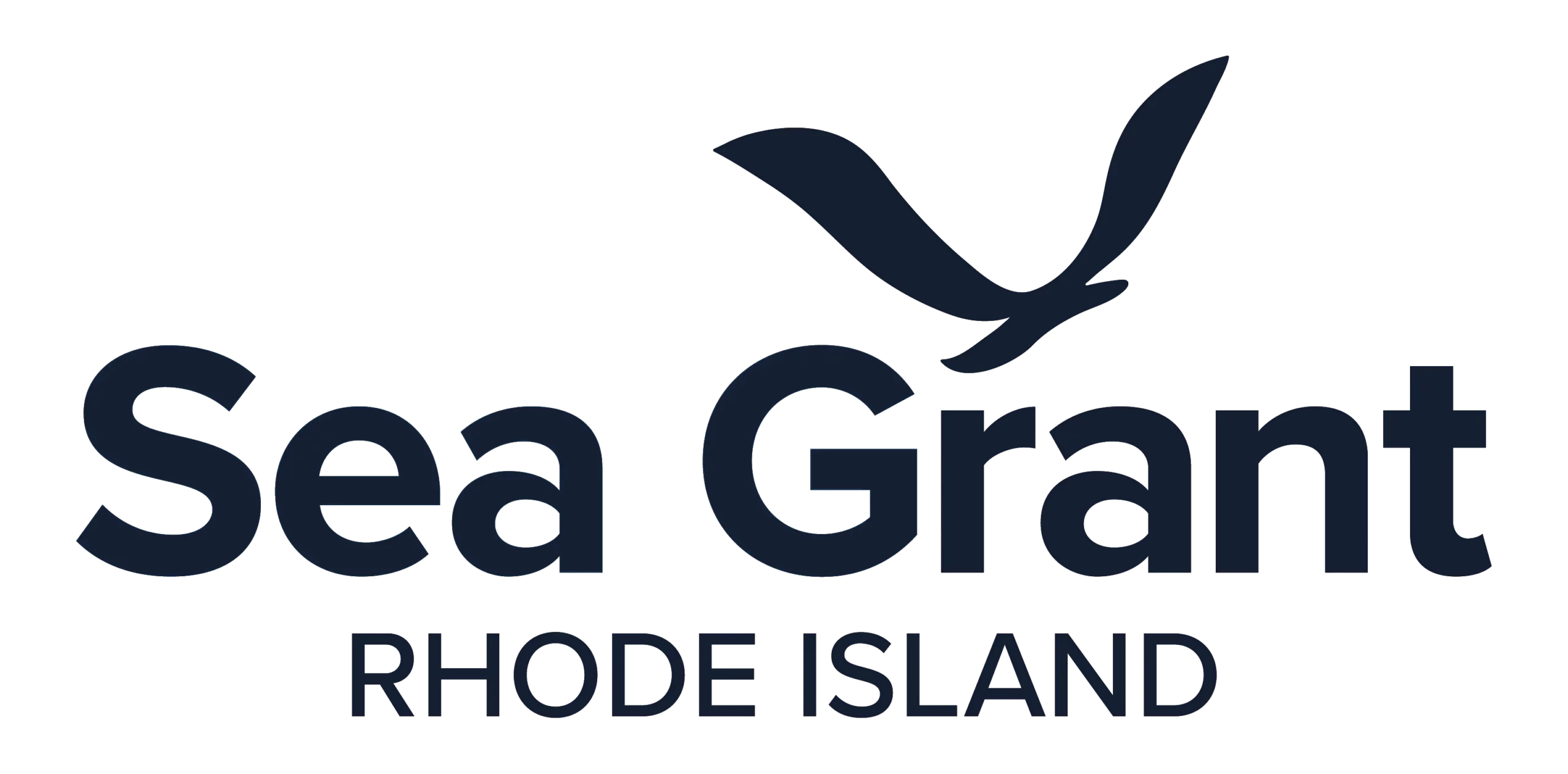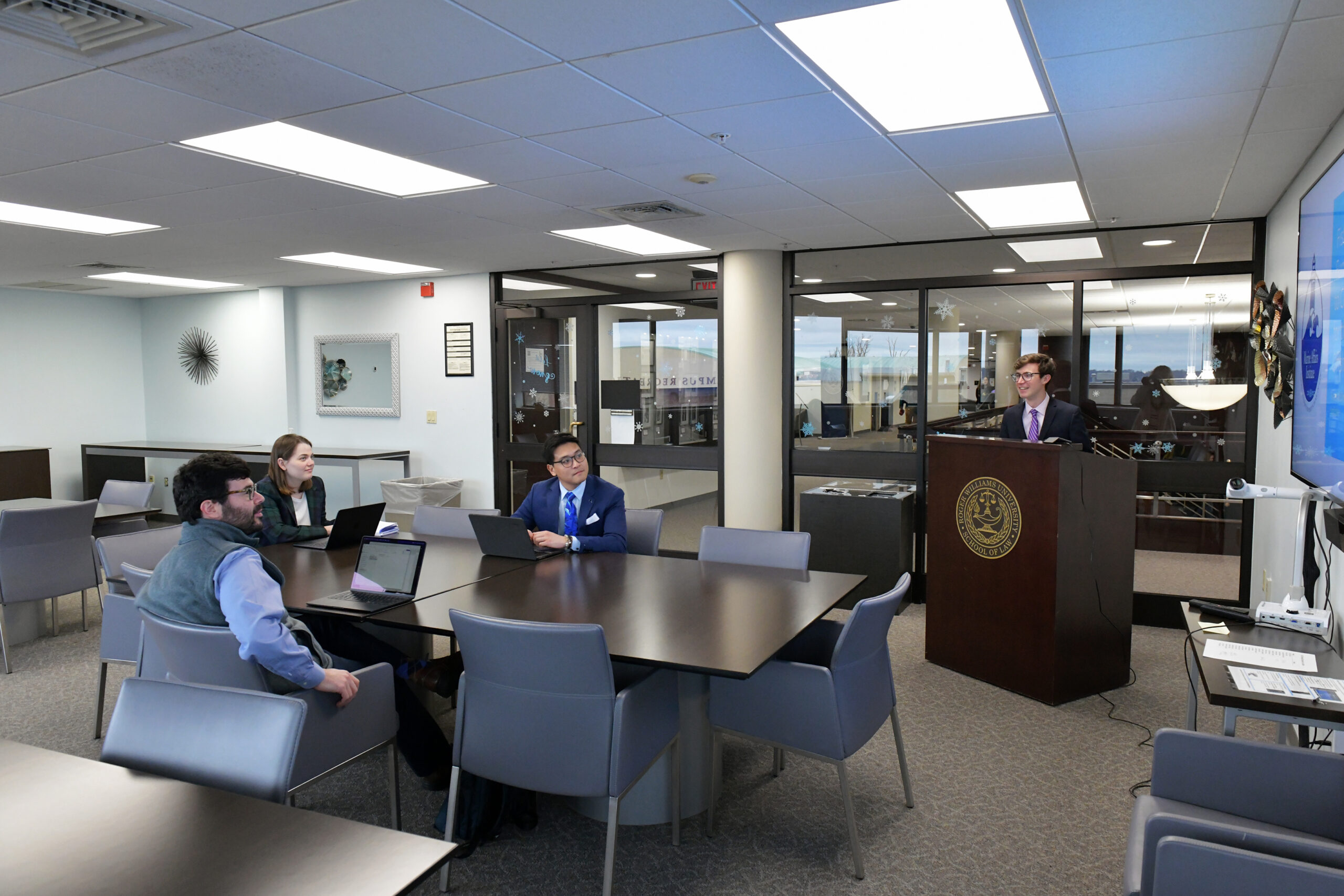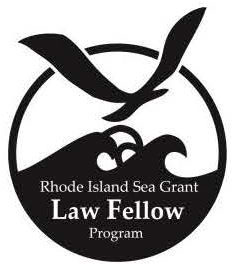Our Work
Marine Law & Policy
Legal Fellows
Research
Media
Contact

About
Rhode Island Sea Grant is the only Sea Grant program serving the New England region with dedicated capacity in legal and policy research and extension. The Rhode Island Sea Grant Legal Program is housed at the Marine Affairs Institute at the Roger Williams University School of Law and provides research and outreach on marine and coastal law and policy issues. Through engagement of law students as Law Fellows, the program helps build the next generation of legal and resource management professionals.
Mission
To train the next generation of marine law professionals.
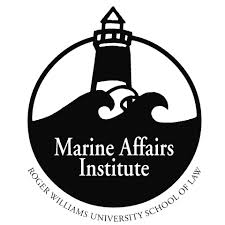
Focus Areas
Admiralty
Maritime commerce, navigation, and vessel operations on navigable waters.
Coastal Ecosystems
Habitat conservation, shoreline management, and ecosystem restoration
Resilient Communities
Sustainable coastal develoment, shoreline access, and community preparedness.
Fisheries & Aquaculture
Legal frameworks that balance economic opportunity with environmental stewardship.
Meet Our Team

Julian Wyman
Legal Program Director
Tel: (401) 254-4613
Email: jwyman@rwu.edu

Brooke Mercaldi
Staff Attorney
Tel: (401) 254-5352
Email: bmercaldi@rwu.edu

Alexandra Tamburrino

Molly Perkins
Program Manager
Tel: (401) 254-5392
Email: mperkins@rwu.edu
Rhode Island Sea Grant Law Fellow Program
The Rhode Island Sea Grant Law Fellow Program is an experiential education opportunity in which Law Fellows research and analyze marine law issues requested by outside professional organizations, under the guidance of Marine Affairs Institute staff.
Students are eligible to become Law Fellows after their first year of study, and projects are typically completed in one semester, though some projects last more than one semester.
Outside organizations requesting Law Fellow assistance may include government agencies, nonprofit groups, and corporations.
Project topics cover the full range of ocean, coastal, and maritime topics and may focus on local, regional, national, or even international law. The Rhode Island Sea Grant Law Fellow Program does not litigate or advocate.
Coastal Resilience Law & Policy Clinic
The Coastal Resilience Law and Policy Clinic provides students with the opportunity to gain hands-on experience working with local and state government agencies on proactively addressing coastal resilience.
Students are exposed to local land use law and planning, municipal, state, and federal laws, environmental law and policy, research techniques, and writing. Students have the opportunity to work with stakeholders on important issues, to gain in-depth substantive knowledge on the applicable law and its real-world application, and to draft a high-quality written product, and may have the opportunity to present their work in a professional setting.
The Marine Affairs Institute at Roger Williams University School of Law, in partnership with Rhode Island Sea Grant, created the Coastal Resilience Law and Policy Clinic as an effort to assist communities that are facing the effects of changing environmental conditions. In the United States, environmental change has significantly affected homes, public infrastructure, and other developments, which has led to some state and local governments having the desire to implement novel policies and regulations to address the increasing environmental pressures.
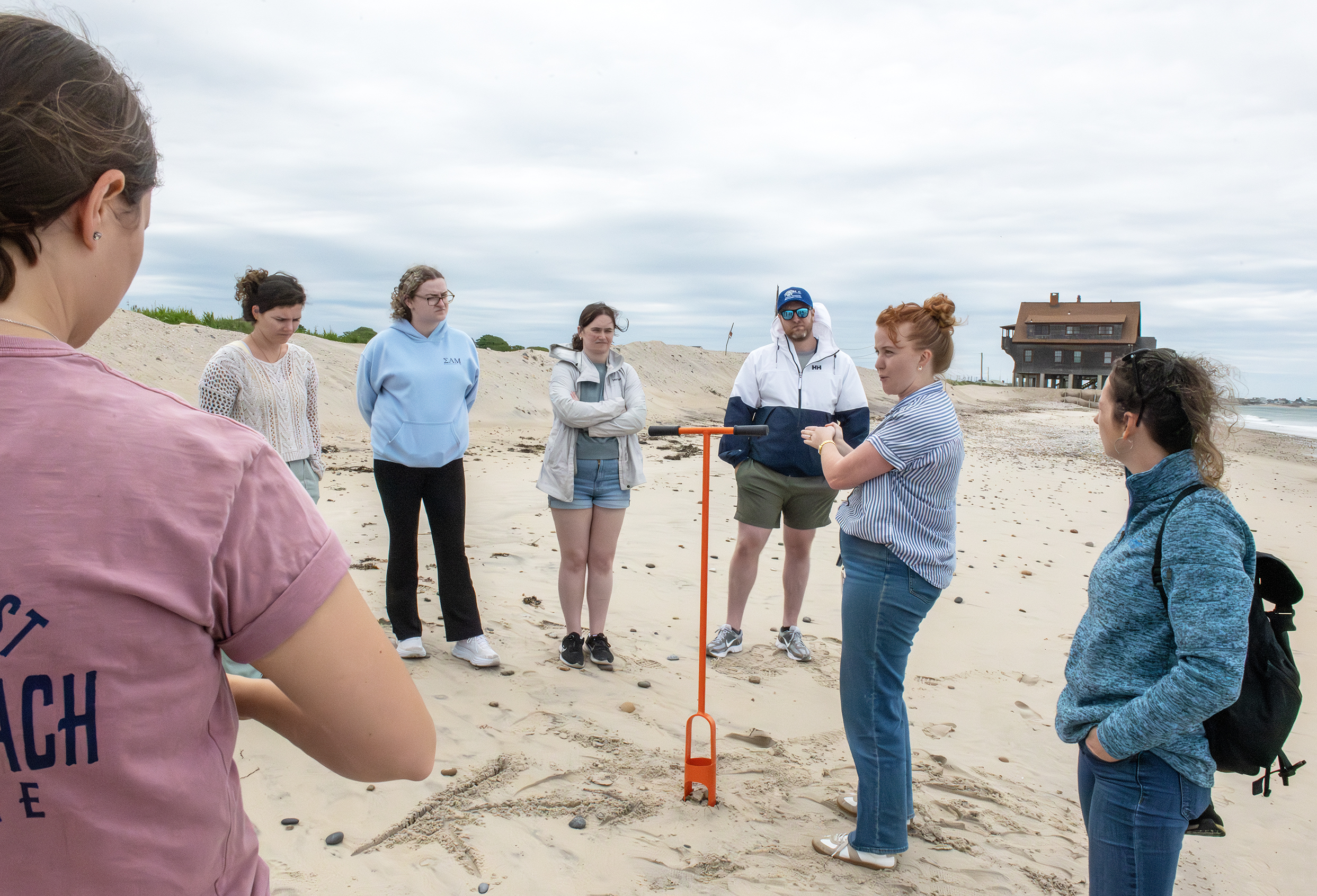
Student Reseach
Past Projects
2022-2025
2021
2020
2019
2018
2017
2016
Staff Research and Publications
Research and publications from the Marine Affairs Institute staff on timely legal and policy issues raised by the development and use of the oceans and coastal zones.
Staff research and publications are available on the Marine Affairs Institute Ocean and Coastal Law and Policy Research website.

Symposia/Conferences
The Rhode Island Sea Grant Legal program through the Marine Affairs Institute sponsors speakers, symposia and interdisciplinary training programs that provide law students and practitioners alike with opportunities to meet with other marine law professionals in both formal and informal settings, and learn about recent developments in ocean and coastal law.
Recent topics have included marine renewable energy, such as wind power; international cargo liability; ecosystem-based management and fisheries law.
